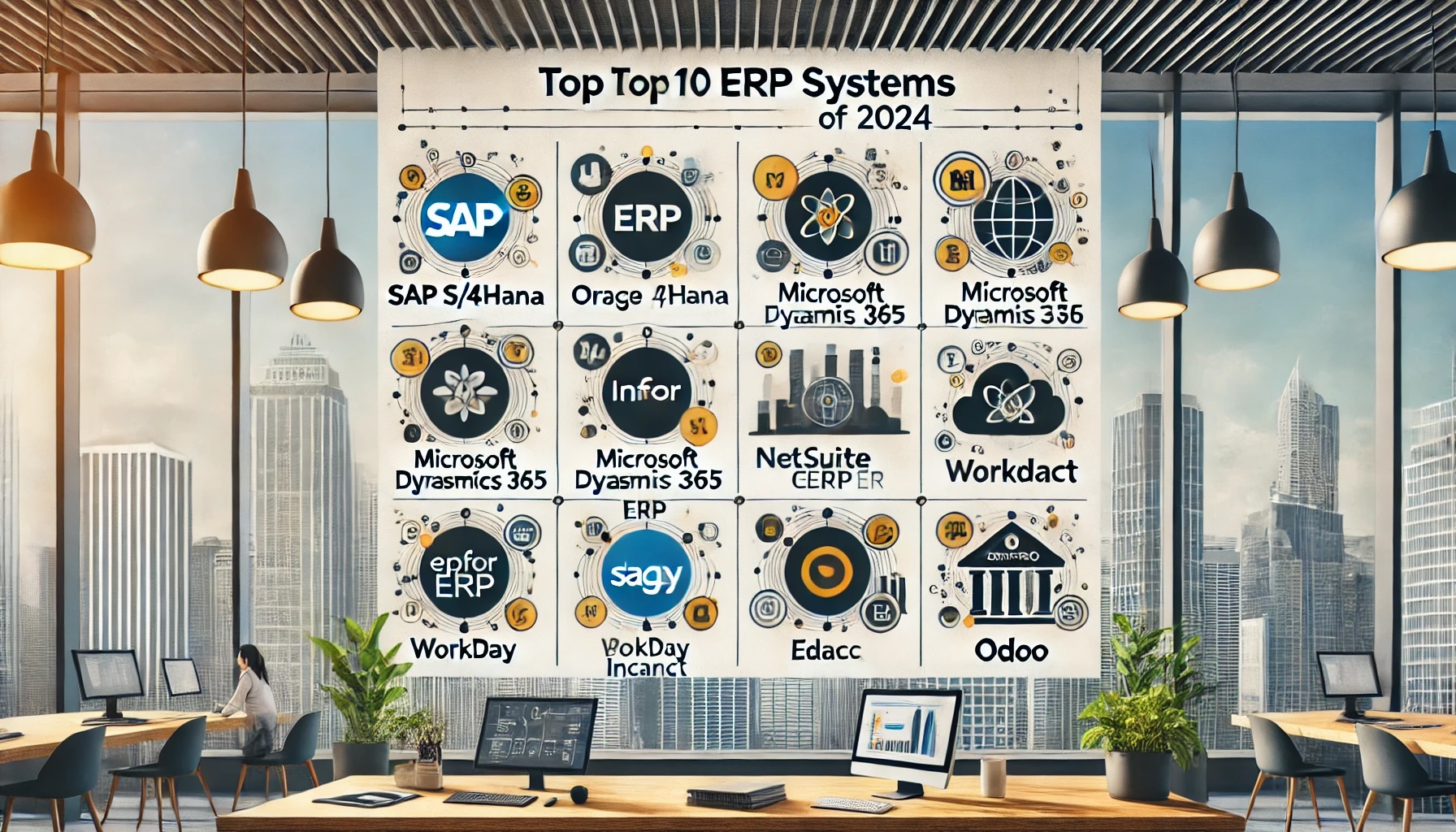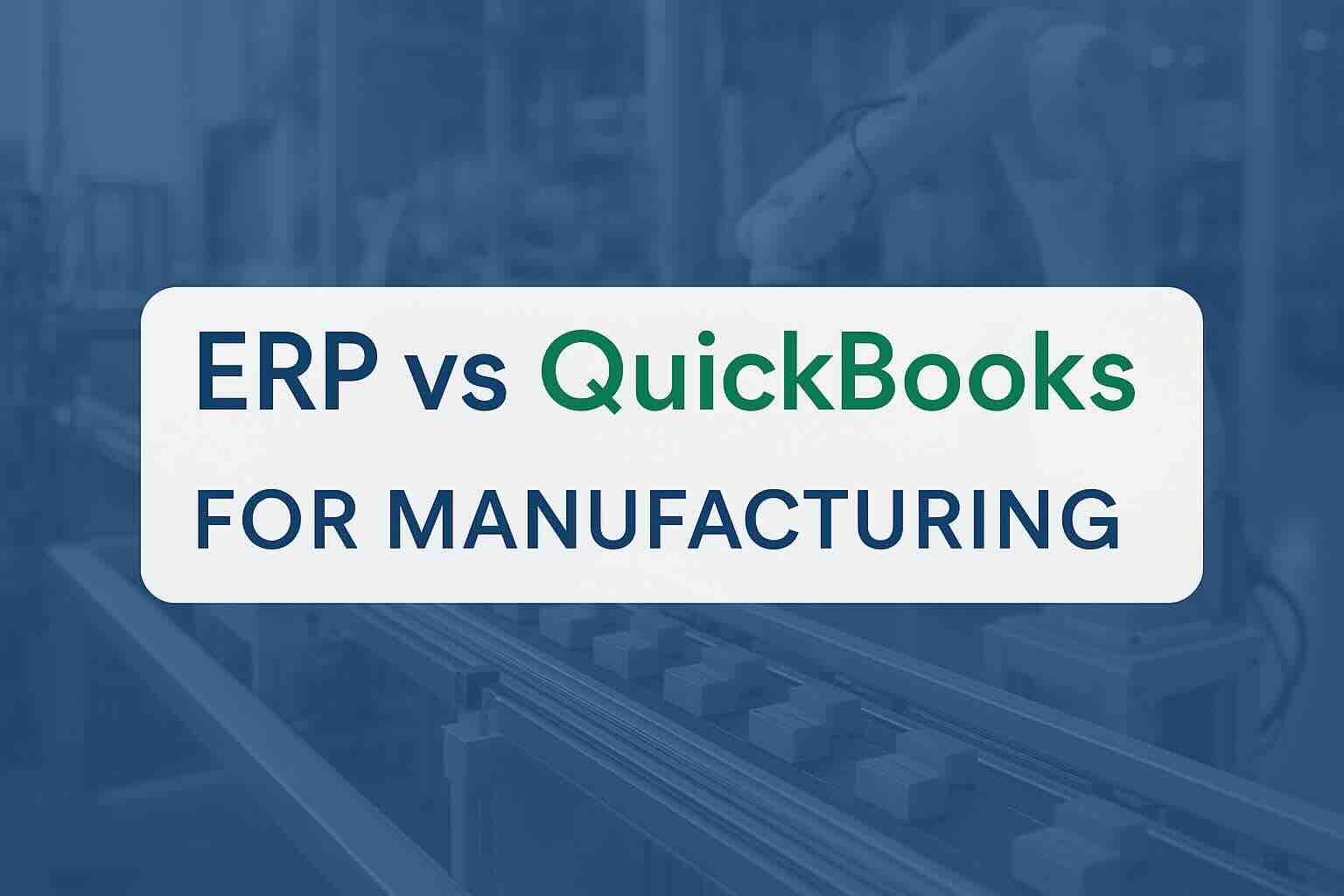Is SAP S/4HANA a Good ERP for Real Estate and Property?

Enterprise Resource Planning (ERP) systems are essential for businesses across industries, including real estate and property management. With the dynamic needs of real estate companies, selecting the right ERP solution is crucial. SAP S/4HANA, a popular ERP suite, is often considered by businesses in this sector. But the question remains: Is SAP S/4HANA a good ERP for real estate and property management? This article will explore the capabilities, benefits, and potential challenges of using SAP S/4HANA in the real estate and property management industry.
Overview of SAP S/4HANA
SAP S/4HANA is the latest iteration of SAP’s ERP software, built on the HANA in-memory database. It is designed to handle large volumes of data and provide real-time analytics and business insights. SAP S/4HANA offers a modular approach, allowing companies to select and implement the specific functionalities they need, from finance and supply chain management to asset management and human resources.
Key Features of SAP S/4HANA for Real Estate and Property Management
1. Real Estate Management
SAP S/4HANA includes a specialized module for real estate management, enabling companies to manage property portfolios efficiently. This module supports various processes, including lease management, contract management, and tenant billing. The system allows for the centralization of data related to properties, leases, and tenants, providing a comprehensive overview of all real estate assets.
2. Financial Management
One of the core strengths of SAP S/4HANA is its robust financial management capabilities. For real estate companies, managing finances effectively is crucial, especially when dealing with multiple properties, leases, and tenants. SAP S/4HANA offers advanced financial reporting, budgeting, and forecasting tools, helping companies maintain accurate financial records and make informed decisions.
3. Asset Management
Real estate companies often deal with a wide range of assets, from buildings and land to equipment and infrastructure. SAP S/4HANA’s asset management module allows businesses to track, manage, and optimize their assets throughout their lifecycle. This includes maintenance scheduling, depreciation tracking, and compliance with regulatory requirements.
4. Project Management
Property development and construction projects are central to the real estate industry. SAP S/4HANA offers project management tools that enable companies to plan, execute, and monitor projects effectively. The system provides real-time visibility into project timelines, budgets, and resources, helping to ensure that projects are completed on time and within budget.
5. Integrated Analytics and Reporting
One of the standout features of SAP S/4HANA is its ability to provide real-time analytics and reporting. For real estate companies, this means having access to up-to-date information on property performance, market trends, and financial metrics. The system’s integrated analytics capabilities enable users to generate custom reports, perform predictive analysis, and make data-driven decisions.
6. Tenant and Lease Management
Managing tenants and leases is a complex task that involves multiple processes, from lease creation to rent collection. SAP S/4HANA streamlines these processes by offering a centralized platform for managing all tenant-related activities. The system supports automated billing, payment tracking, and lease renewals, reducing administrative overhead and minimizing errors.
Benefits of SAP S/4HANA for Real Estate and Property Management
1. Scalability
SAP S/4HANA is designed to scale with your business. Whether you manage a small portfolio of properties or a large, diverse set of assets, the system can accommodate your needs. As your business grows, you can add new modules and functionalities without disrupting your operations.
2. Enhanced Efficiency
By automating routine tasks and centralizing data, SAP S/4HANA helps real estate companies improve efficiency. Employees spend less time on manual data entry and more time on strategic activities, such as optimizing property performance and enhancing tenant satisfaction.
3. Improved Decision-Making
With real-time access to data and advanced analytics tools, SAP S/4HANA empowers real estate companies to make informed decisions quickly. Whether it’s evaluating the financial performance of a property or assessing the impact of market trends, the system provides the insights needed to make data-driven decisions.
4. Compliance and Risk Management
The real estate industry is heavily regulated, and compliance is a significant concern. SAP S/4HANA includes features that help companies stay compliant with local regulations and industry standards. The system also supports risk management by providing tools for identifying and mitigating potential risks.
5. Integration with Other Systems
SAP S/4HANA offers seamless integration with other SAP products and third-party applications. This is particularly beneficial for real estate companies that use multiple software systems for different aspects of their operations. Integration ensures that data flows smoothly between systems, reducing the risk of errors and improving overall efficiency.
Challenges of Using SAP S/4HANA in Real Estate
1. Implementation Complexity
Implementing SAP S/4HANA can be complex and time-consuming, particularly for large real estate companies with intricate processes and legacy systems. The implementation process requires careful planning, skilled resources, and a clear understanding of business requirements.
2. Cost
SAP S/4HANA is a powerful system, but it comes at a cost. The software license fees, implementation costs, and ongoing maintenance can be significant, especially for smaller companies. However, many businesses find that the benefits of SAP S/4HANA outweigh the initial investment, particularly in terms of long-term efficiency and scalability.
3. Change Management
Transitioning to a new ERP system requires change management. Employees need to be trained on the new system, and business processes may need to be redefined. Resistance to change can be a challenge, but with proper planning and communication, it can be managed effectively.
Conclusion: Is SAP S/4HANA the Right Choice for Your Real Estate Business?
SAP S/4HANA offers a comprehensive set of tools and functionalities that can significantly benefit real estate and property management companies. Its ability to centralize data, automate processes, and provide real-time insights makes it a strong contender in the ERP market. However, the complexity and cost of implementation are factors that must be carefully considered.
For large real estate companies with complex operations and the resources to invest in a robust ERP system, SAP S/4HANA is an excellent choice. It provides the scalability, efficiency, and analytical capabilities needed to stay competitive in the industry. For smaller companies, the decision may depend on budget constraints and the specific needs of the business.
Ultimately, the suitability of SAP S/4HANA for your real estate business will depend on your specific requirements, growth plans, and ability to manage the implementation process. With the right approach, SAP S/4HANA can be a valuable asset that drives success in the real estate and property management sector.
To compare SAP S/4HANA with 100s of other ERP solutions, you can use our new AI-powered Compare ERP tool. It’s free to use and you get a guaranteed discount on your first year’s licence fees with a referral from Compare ERP.









